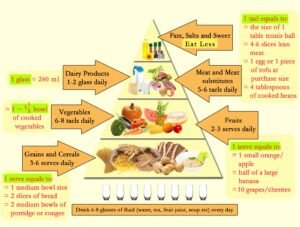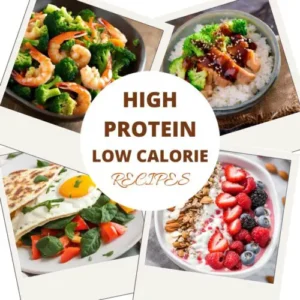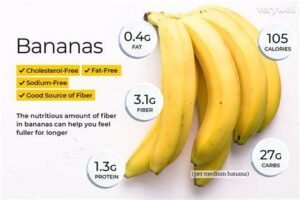Intro to the Best Protein Powder for Athletes
A lot of folks think that protein powders are just for bodybuilders or those trying to bulk up. But let’s clear the air right away: protein powders are a versatile tool that can benefit athletes of all stripes, from marathon runners to competitive swimmers. Whether you’re looking to enhance recovery or boost your performance, the right protein powder can play a pivotal role in your nutrition strategy.
Now, let’s talk about why you, as an athlete, might want to incorporate a protein powder into your diet. Are you trying to improve recovery times? Increase muscle mass without gaining unwanted fat? Or maybe you’re just looking for a convenient source of high-quality protein?
Whatever your goals, the best protein powder for athletes is out there and perfect for enhancing your physical performance. This optimal protein supplement ensures you meet your dietary needs with precision, whether you’re aiming for peak condition or maintaining your athletic prowess.
Click to see another blog
Why the Best Protein Powder Is Essential for Athletes
Protein and Muscle Recovery
First off, protein is essential for muscle repair. After a tough workout, your muscles are like a sponge, ready to absorb nutrients and begin the repair process. High-quality protein powders provide the amino acids your muscles need to recover and grow stronger. This isn’t just for those looking to bulk up; it’s crucial for any athlete who wants to get back to training as quickly as possible.
Protein for Performance Enhancement
Protein isn’t just about building size; it’s also about enhancing performance. By facilitating muscle repair and growth, protein powders help improve your overall strength and endurance. This means you can train harder and longer, which is essential whether you’re a sprinter or a cyclist.
The Role of Specific Proteins
Not all proteins are created equal. Whey protein, for example, is renowned for its fast absorption rates, making it ideal for post-workout recovery. On the other hand, casein protein has a slower release, perfect for providing a steady stream of amino acids over several hours, making it a great choice for athletes to consume before bed.
Incorporating keywords such as “best whey protein for athletes” and “muscle building protein for sports” naturally into our discussion helps emphasize the range of options available and their specific benefits, catering to different athletic needs.
Catering to Different Athletic Needs
Whether you’re into yoga, football, or competitive swimming, your body’s protein needs can vary. A sprinter might lean towards a protein powder that focuses on quick muscle recovery, while a marathon runner might choose one that supports sustained energy release. Tailoring your protein intake to your specific athletic requirements is crucial for optimal performance and recovery.
To wrap up, understanding the significance of protein in your athletic regimen is the first step towards optimizing your performance and recovery. It’s not just about the quantity but also the quality and timing of protein intake that can make a difference in your athletic achievements. Whether you’re using a plant-based protein like “vegan protein for athletic training” or sticking with traditional whey, the right protein powder can significantly enhance your athletic performance.
Choosing the Right Protein Powder for Peak Athletic Performance
It’s a common belief that all protein powders are more or less the same, just pick any and you’re set. But, picking a protein powder is not a one-size-fits-all scenario. Athletes need to consider several factors to find the perfect match for their body and goals.
Factors to Consider
First things first, let’s talk about bioavailability. This fancy term simply refers to how well your body can absorb and utilize the protein. Whey protein is known for its high bioavailability, which makes it a popular choice among athletes, especially for post-workout recovery.
Next up, protein source. Are you vegan? Then you might opt for plant-based proteins like pea or hemp, which are fantastic alternatives to dairy-based proteins and are packed with beneficial nutrients. Keywords such as “plant-based protein powder for athletes” can guide you to products specifically designed to meet vegan athletic needs.
Don’t forget about additional nutrients. Some powders are fortified with vitamins, minerals, or even probiotics to support overall health. For athletes with specific dietary needs, gluten-free or lactose-free options like “gluten-free protein for athletes” are also crucial to consider.
Lastly, consider any allergies you might have. Always check labels to ensure the protein powder doesn’t contain anything that could cause you a reaction.
Vegan vs. Whey Protein
Choosing between vegan and whey proteins depends on personal dietary preferences and how your body handles different sources. Whey is complete and fast-absorbing, making it great for quick recovery. Vegan options are excellent for those avoiding animal products and can be just as effective, especially when combined to include all essential amino acids.
Taste and Digestibility
Taste might seem like just a bonus, but if you can’t stand the flavor, you’re not going to stick with it. Sampling different flavors or brands can help you find a powder you enjoy. Digestibility is also key, especially for athletes who have sensitive stomachs during intense training periods.
Click to see another blog
2024’s Top 10 Protein Powders for Athletes Reviewed
Now that you know what to look for, let’s dive into some of the best protein powders available this year, designed to cater to various athletic needs and preferences.
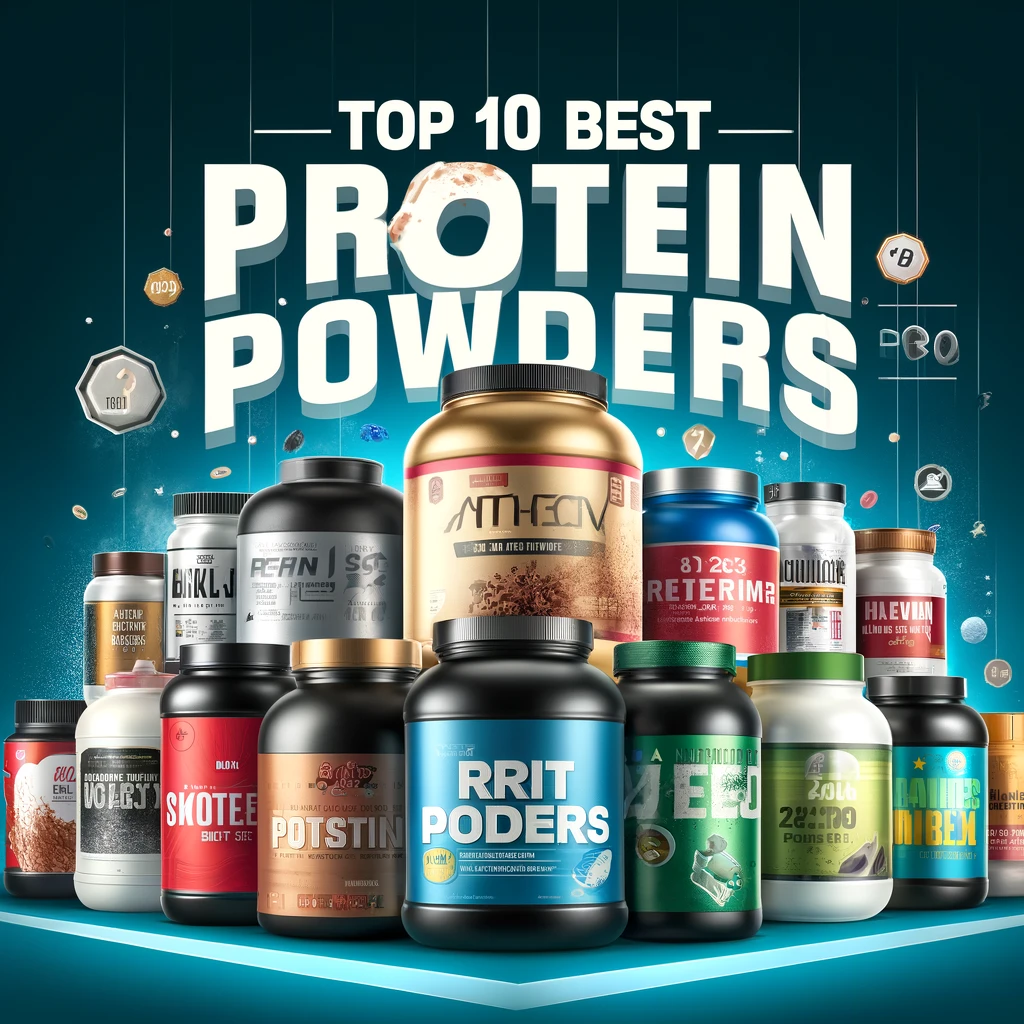
- Mega Muscle Whey Power – Best for quick recovery, high in BCAAs.
- Green Plant Protein Mix – Best plant-based option, includes pea and rice protein.
- Endurance Pro Casein – Slow-releasing, perfect for endurance athletes.
- Organic Performance Protein – Best organic option with zero additives.
- Iron Pump Vegan Blend – A top choice for vegan bodybuilders, rich in iron and amino acids.
- Recovery Whey Delight – Contains added glutamine for enhanced recovery.
- Pure Hemp Protein – Best for those looking for a hypoallergenic option.
- Athlete’s Whey Isolate – Low in fat and carbs, high in protein.
- Supercharged Soy Protein – Ideal for those who prefer soy, with added heart health benefits.
- Nighttime Casein Formula – Great for overnight muscle repair, slow digestion.
Each of these products offers unique benefits, whether you’re looking for a quick post-workout recovery with a product like “Top whey protein powders for bodybuilding athletes” or needing a steady release of nutrients with “Best casein protein for night recovery”. Tailoring your choice to your training and health needs can significantly impact your performance and recovery.
Exploring Plant-Based Protein Benefits for Athletes
It’s a common misconception that plant-based proteins don’t pack the same punch as their animal-derived counterparts like whey. However, the truth is that plant-based proteins offer a powerhouse of nutrients alongside high-quality protein that can meet and even exceed the needs of many athletes.
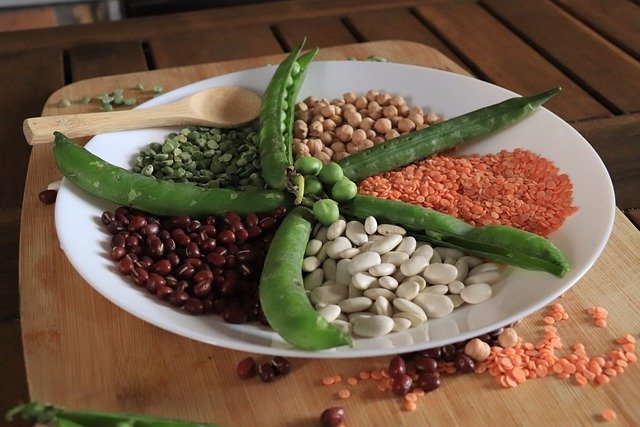
Rich in Nutrients
Plant-based proteins such as pea, hemp, and rice proteins are not only excellent sources of protein but also come loaded with additional health benefits. These proteins often contain high levels of fiber, essential vitamins, and minerals that support overall health, not just muscle recovery and growth.
Environmental and Health Benefits
Opting for plant-based protein can also have a positive impact on the environment, reducing carbon footprint and water use associated with animal farming. Health-wise, they are naturally cholesterol-free and can help maintain lower blood pressure and a healthier heart.
Ideal for Various Dietary Needs
For athletes with dietary restrictions—whether due to lactose intolerance, allergies, or ethical preferences—plant-based proteins are a godsend. They’re typically hypoallergenic and fit well into a vegan or vegetarian lifestyle, aligning with keywords such as “Best plant-based protein powder for running athletes.”
Click to see another blog
Is Whey Protein Still the Champion for Athletes?
On the other side of the spectrum, whey protein is often hailed as the gold standard in the fitness world. Let’s explore why it’s so revered and if it truly deserves its lofty status.
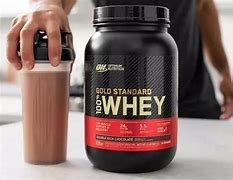
Complete Protein Source
Whey protein is celebrated for containing all nine essential amino acids, making it a “complete” protein. This is particularly beneficial for muscle repair and growth as it provides the full range of amino acids needed for optimal muscle recovery.
Fast Absorption
One of the biggest advantages of whey protein is its rapid absorption rate. This makes whey an excellent choice for post-workout nutrition because it quickly provides the necessary proteins to muscles, aiding in speedy recovery and muscle synthesis.
Variety and Versatility
Whey protein comes in several forms—concentrate, isolate, and hydrolysate—each varying in protein content, fat, carbs, and digestibility. This variety allows athletes to choose a specific type that best fits their dietary needs and workout regimen. Keywords like “Top whey protein powders for bodybuilding athletes” can guide users to the most potent formulas designed for serious muscle gain.
Taste and Mixability
Often, whey protein is favored for its superior taste and ease of mixing compared to many plant-based options. This can be a significant factor for those who rely on protein shakes as a regular part of their diet.
Key Tips for Selecting Protein Powders as an Athlete
Choosing the right protein powder isn’t just about picking the one your gym buddy recommends. Here are some tailored considerations that can make a real difference in your performance and health:
Protein Powders for Different Types of Athletes
Endurance athletes, strength trainers, and team sports players all have unique nutritional requirements. Endurance athletes like marathon runners might benefit from a slow-release protein like casein to aid in recovery over longer periods, especially during sleep. Strength athletes, on the other hand, might look for a whey protein that helps rapidly repair and build muscle. Using keywords like “best casein protein for night recovery” or “top whey protein powders for bodybuilding athletes” can help you find targeted products.
Consider Your Allergies and Intolerances
It’s essential to choose a protein powder that won’t trigger any allergic reactions or intolerances. If you’re lactose intolerant, plant-based proteins or whey isolates (which contain less lactose than whey concentrate) are advisable. Keywords such as “lactose-free protein options for athletes” can guide you to suitable products.
Age and Gender Specific Needs
Women may benefit from protein powders that are iron-fortified due to the risk of iron deficiency, while older athletes might look for products with added bone-supporting nutrients like calcium and vitamin D. Incorporating keywords like “best protein powders for female athletes muscle growth” can address these specific needs.
Dietary Preferences and Lifestyle
Vegan athletes should ensure their protein powder covers all essential amino acids, usually by combining different plant-based sources. The keyword “best vegan protein for athletic training” will help find products specially formulated for vegan dietary requirements.
Maximizing Gains: Effective Use of Protein Powders in Training
Once you’ve selected the perfect protein powder, knowing how to integrate it into your training can optimize its effectiveness:
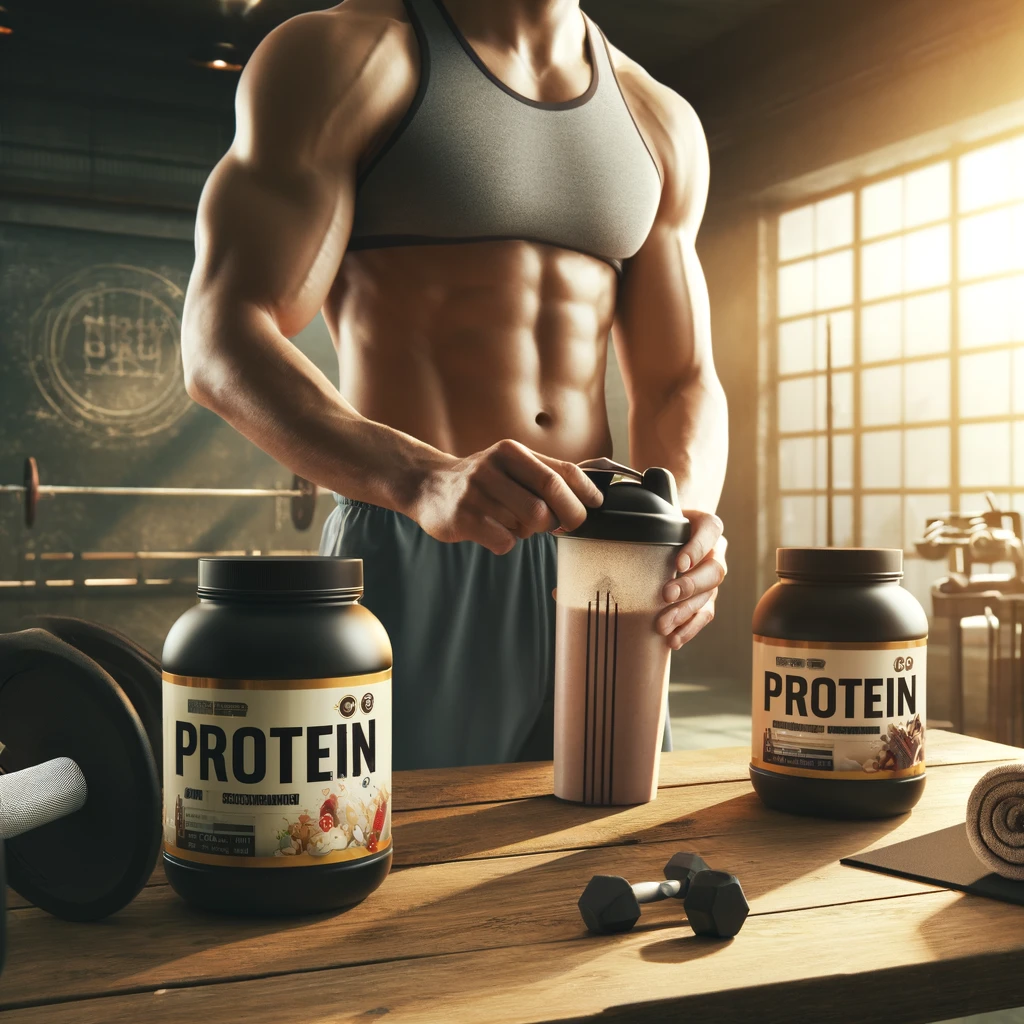
Timing Your Protein Intake
The timing of your protein intake plays a crucial role in maximizing muscle repair and growth. Consuming protein right after a workout (within 30 minutes to an hour) can capitalize on the muscle’s heightened receptive state for absorbing nutrients. This is where a fast-absorbing protein like whey can be particularly effective.
Quantity and Frequency
The amount of protein you need can depend on your weight, the type of sports you engage in, and your overall health goals. Generally, it’s recommended that athletes consume approximately 1.2 to 2.0 grams of protein per kilogram of body weight per day. Spread your intake throughout the day, focusing on post-workout and possibly before bed to aid in recovery.
Mixing with Other Supplements
Protein powders can be combined with other supplements to further enhance performance and recovery. For example, adding creatine to your protein shake can be beneficial if your training focuses heavily on high-intensity workouts.
Creative Ways to Include Protein in Your Diet
Beyond shakes, protein powders can be used in various ways—think protein pancakes, smoothies, or even mixed into oatmeal to boost your protein intake in delicious ways. This helps keep your diet varied and enjoyable.
Real Athlete Stories on Top Protein Powders
Personal stories and data can really bring home the effectiveness of using protein powders in an athletic context. Here are some testimonials and case studies from athletes who have seen tangible benefits from incorporating protein powders into their training regimes.
Case Study 1: The Marathon Runner
Jessica M. – a long-distance marathon runner, always struggled with muscle fatigue during the last miles of her races. After switching to a slow-release casein protein powder, she noticed a significant improvement in her endurance and post-race recovery. Jessica says, “Adding casein protein to my diet has been a game-changer, especially for recovery during intensive training periods.”
Testimonial 1: The Bodybuilder
Mike D. – a competitive bodybuilder, emphasizes the role of whey protein isolate in his nutrition regimen. “Whey isolate helps me maintain muscle mass and recovery quickly between workouts, which is crucial during my competition season,” Mike reports. His experience supports the keyword “Top whey protein powders for bodybuilding athletes” as a critical component of his success.
Case Study 2: The Vegan Triathlete
Samantha L. – has been a triathlete for five years and a vegan for three. She uses a blend of pea and rice protein to ensure she gets a complete amino acid profile. “Finding the right plant-based protein was tricky at first, but now my performance is better than ever,” Samantha shares. This case is particularly relevant for searches like “Best vegan protein for athletic training.”
Testimonial 2: The High School Track Star
Jordan T. – a high school track and field athlete, uses a hemp protein powder to boost his daily protein intake. “Hemp protein is not only digestible, it’s also helped me improve my sprint times thanks to better muscle recovery,” he mentions. Jordan’s story could be linked to keywords such as “best hemp protein benefits for athletes.”
Case Study 3: The Gym Enthusiast
Laura G. – a gym enthusiast who trains four times a week, swears by her blend of whey protein enhanced with BCAAs (branched-chain amino acids). “The added BCAAs help reduce muscle soreness and improve my strength over time,” says Laura. Her testimonial is a perfect fit for “muscle building protein for sports.”
These stories not only highlight the diverse applications of protein powders but also show that the right product can align perfectly with an athlete’s specific dietary needs and fitness goals. By listening to your body and understanding the science behind each type of protein, you can optimize your nutritional support and achieve remarkable results.
Choosing Your Ideal Athlete Protein Powder
Throughout this guide, we’ve explored a range of protein powders tailored to meet the diverse needs of athletes. From fast-absorbing whey to environmentally friendly plant-based options, each type of protein powder brings something unique to the table.
Highlighting Features
Protein powders are more than just a supplement; they are a crucial component of an athlete’s diet, enhancing muscle repair, supporting recovery, and sometimes even improving overall health with added nutrients. For example, whey protein is renowned for its ability to be rapidly absorbed into the body, making it ideal for post-workout recovery. On the other hand, plant-based proteins offer a fantastic alternative for those with dietary restrictions or ethical concerns, providing all essential amino acids when combined correctly.
Pros and Cons
However, no product is without its drawbacks. Whey protein, while effective, can be problematic for those with lactose intolerance or a preference for non-animal protein sources. Conversely, some plant-based proteins may require careful combination to ensure all essential amino acids are present, potentially complicating nutrition plans. Additionally, taste and mixability can vary significantly between different brands and types, which might be a consideration for those who prefer a more palatable supplement.
Final Verdict
Choosing the right protein powder is a personal decision that should be influenced by your specific athletic needs, dietary restrictions, and taste preferences. For those looking to quickly repair and build muscle, whey protein may be the best choice, particularly if digestibility is not an issue. Meanwhile, athletes who prioritize ethical consumption or have specific dietary needs might find plant-based proteins more aligned with their lifestyle.
Incorporating the right protein powder into your regimen can significantly enhance your athletic performance and recovery. By considering the detailed insights provided, athletes can make an informed choice that maximizes their potential while aligning with their personal and dietary values. Remember, the best protein powder is the one that meets your unique needs, helping you to perform at your best.
FAQs: All About Best Protein Powders for Athletes
1. How do I know which protein powder is right for me?
Think about your fitness goals, any dietary restrictions you have, and when you plan to take your protein. If you’re looking to build muscle and recover quickly, whey protein is great post-workout. If you’re vegan or have lactose intolerance, plant-based proteins like pea or hemp might be the way to go.
2. Can I take protein powder on non-workout days?
Absolutely! Your muscles recover and grow on rest days, too. Taking protein powder on non-workout days can help maintain a steady supply of nutrients to support muscle repair and growth.
3. Are there any side effects to using protein powders?
Most people won’t experience adverse effects if they stick to recommended amounts. However, consuming too much protein can lead to digestive issues, and some might experience lactose intolerance symptoms with certain dairy-based proteins.
4. How soon after my workout should I consume protein powder?
Try to consume your protein shake within 30 minutes to an hour after your workout. This window is when your muscles are most receptive to protein synthesis, helping you repair and build muscle more efficiently.
5. Can protein powder replace meals?
While protein shakes can supplement your diet, they shouldn’t replace whole food meals regularly. Whole foods offer a broader range of nutrients that protein powders might lack.
6. How much protein do I really need?
This depends on your activity level and goals, but generally, 1.2 to 2.0 grams of protein per kilogram of body weight per day is recommended for active individuals. Adjust based on your specific needs and response.
7. Do plant-based proteins provide enough amino acids?
Yes, many plant-based proteins can be complete sources of protein, especially when combined correctly. For example, mixing pea and rice protein can provide all essential amino acids necessary for muscle repair and growth.
8. Is it better to have a protein shake before or after a workout?
Post-workout is ideal for quick recovery, especially if you’re using whey protein. However, a shake before bed, particularly with casein protein, can help with overnight muscle repair.


